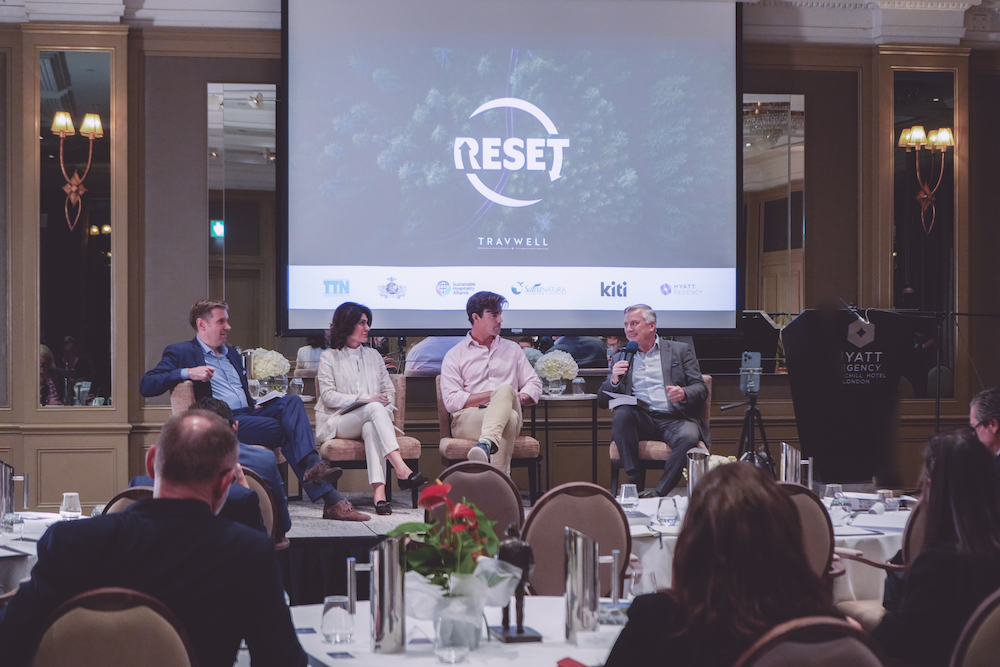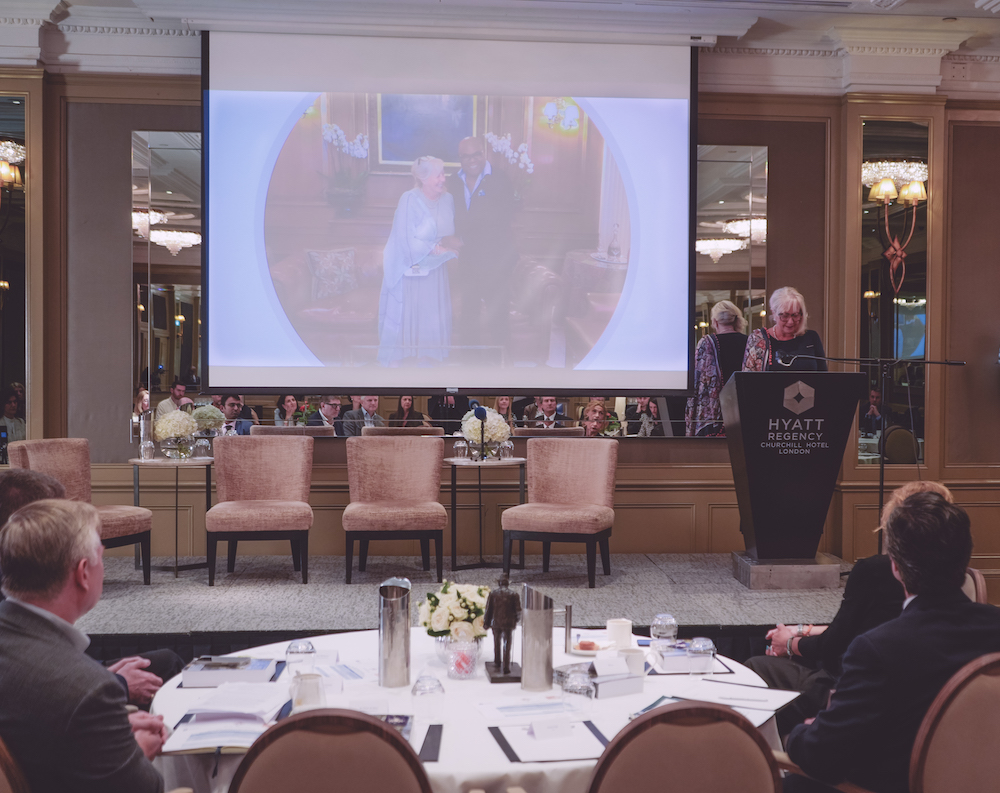Here’s what you need to know before Tadawul trading on Wednesday

Follow-ups -eshrag News:
LONDON: Tourism and hospitality officials from around the world gathered for a summit in the British capital to explore ways to manage, operate, and develop a trusted and sustainable tourism and hospitality industry with a focus on alleviating harm to the environment.
Delegates at the RESET Sustainably: Tourism, Hospitality and Travel Summit, which was organized by UK-based hospitality and tourism development company TLC Harmony on Sept. 16, discussed several critical sustainability issues including economic impact, biodiversity, blockchain payments, marketing, and the nature of women’s economic power in often determining the destination for holidays.
Dr. Omar Al-Attas, head of environmental sustainability at the Red Sea Development Company, said it was important to attend such summits for the purpose of sharing, inspiring, and learning at the same time.
“We are working on so many different levels, and we have achieved great levels that we would love to share with the rest of the world,” he told Arab News. “The protection of the environment of this world cannot be a mandate of one entity or one country, it is a collaborative work for all of us to be able to achieve that goal.”
Al-Attas said he shared the efforts of the Red Sea project since its inception, which was to ensure all the pillars of sustainability were embedded in each level. The company had also commissioned several environmental studies to assess the different types of ecosystems to be able to monitor and protect them, he added.
“We have identified all the types of coral reefs, and the health and the varieties of them all around the lagoons, and very soon, we’re going to be also releasing our data related to the Amala destination,” he said, referring to the land and property megaproject that forms part of Saudi Vision 2030.
Al-Attas said they have identified more than 240 species of fish, as well as dolphins and dugongs, to ensure that the development projects do not affect “all the lovely parts of this ecosystem.” In addition to the focus on marine life, their studies have also identified more than 25,000 birds in the area.
“For the Red Sea Development Company, we made sure that we are aligned with the Saudi Vision definitely in all its pillars, when it comes to the regenerative tourism, and also touching on the environment, as well as the social implications,” he said.

“If you talk about the Saudi green initiatives, we have now multiple initiatives within that program, from the protection of the terrestrial marine (life), where what we do as part of our monitoring system, how can we also work in (the) announcement of marine protected areas within our lagoons and beyond to help us to achieve all of these goals,” he said.
The Red Sea Development Company’s model is aligned with the Saudi government’s objectives and those of the UN’s 17 Sustainable Development Goals, he said.
“We cannot work alone, we have to work together in a collaborative way and exchange information, knowledge, the efforts and achievements as well. That will help all of us reach the goals that we have put for ourselves, which is the protection of this globe and this world and also the environment as well,” Al-Attas said.
The inaugural RESET summit was held in May last year as the world was emerging from COVID-19. The tourism industry, which accounts for 10 percent of global GDP, was severely hit by the pandemic and about 200 million people lost their jobs, said Nicki Page, founder of TLC.

“We felt that we needed to do something, and although we didn’t set up to make RESET a global annual event, that seems to be where it’s going,” she said, adding that this year they had speakers from around the world, including Saudi Arabia, Germany, Denmark and Guatemala.
TLC launched the Greenhouse Gas and Biodiversity Impact, or GABI, measuring tool and the Planet Tip during the summit, which support the measurement of hospitality and hotel operational delivery across the main climate impact indicators. This places a financial value of the impact per hotel room night, per diner, or per product or service.
“The tool puts an actual economic value on the harm that it has done to nature, and we simply ask that we put a little bit back, and that the ‘Planet Tip’ allows a consumer, with the business, to join together on a journey to make us good for nature, because we certainly love travel, and we certainly don’t want to stop enjoying beautiful places, and gorgeous hotels,” Page said.
She said that one of the sessions focused on women as they usually choose where the family goes on holiday and it was important to understand their role in the sustainable travel choice.
Marilu Sicoli, senior partner at London-based architectural firm Foster + Partners, spoke about the unique megaprojects that are inspired by nature they have been working on with the Red Sea Development Company since 2018.
She highlighted their work on Shourayrah Island, one of 22 out of more than 90 that is being rehabilitated as part of their master plan. She also spoke of the work done in the Southern Dunes, one of two inland hotels in the desert and close to the Red Sea, as well as progress on Ummahat Al-Shaykh, which is another resort with hyper luxury villas.
“We’ve been quite busy in that sense, and really tried to keep the vision and the light touch in all these beautiful sights,” Sicoli said.
She added that architecture as part sustainable development was “absolutely key to everything and a good design is definitely the key to succeed in this incredible, ambitious operation that the Red Sea is putting forward, so I think we’ve been very fortunate to be part of this, and our designs are definitely responding to this ambition.”
Noting that the news was copied from another site and all rights reserved to the original source.
xnxx,
xvideos,
porn,
porn,
xnxx,
Phim sex,
mp3 download,
sex 4K,
Straka Pga,
gay teen porn,
Hentai haven,
free Hentai,
xnxx,
xvideos,
porn,
porn,
xnxx,
Phim sex,
mp3 download,
sex 4K,
Straka Pga,
gay teen porn,
Hentai haven,
free Hentai,